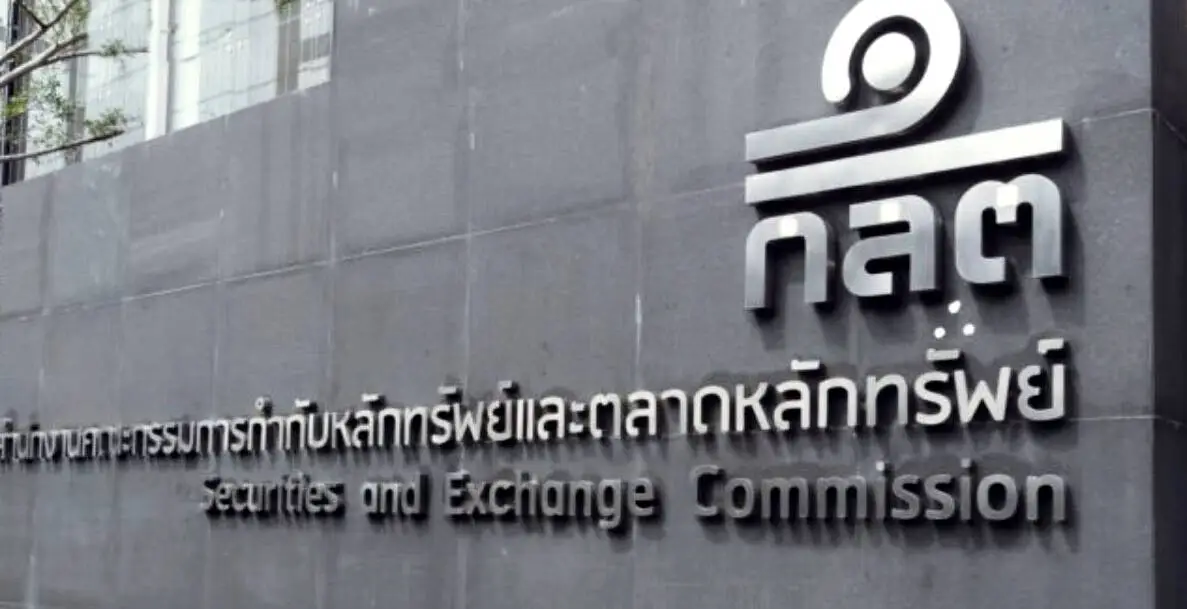
Thai authorities are taking decisive steps to regulate the cryptocurrency market by blocking unlicensed crypto exchanges from operating within the country. This move is aimed at curbing money laundering and other illicit online activities. The initiative, led by Thailand’s Securities and Exchange Commission (SEC), involves submitting a list of unlicensed crypto exchanges to the Ministry of Digital Economy and Society.
Background and Rationale
The decision was announced by the Thai SEC Secretary-General Pornanong Budsaratragoon following a recent meeting of the Technology Crime Prevention and Suppression Committee. Inspired by similar actions in India and the Philippines, Thailand aims to enforce strict compliance with local regulations among all crypto exchanges.
The Thai SEC has advised crypto investors to withdraw their funds from unregistered platforms promptly to avoid any potential legal issues or losses due to the upcoming enforcement measures. An official statement highlighted the risks associated with using unlicensed entities, including potential scams and involvement in money laundering activities.
Regulatory Steps and Investor Guidance
Investors are urged to verify the licensing status of crypto platforms using the SEC’s Check First application before engaging in any transactions. Current data indicates that major offshore exchanges like Binance, Coinbase, KuCoin, Kraken, and OKX are operating without proper registration in Thailand and would be affected by the new regulations.
The move by Thai regulators reflects a growing international trend towards stricter oversight of the cryptocurrency sector. In Europe, regulatory developments under the Markets in Crypto-Assets (MiCA) framework are poised to impact decentralized protocols. A report due by the end of December from the European Commission will assess the DeFi market and consider the necessity of specific regulations.
Concerns within the Crypto Community
The potential regulations have stirred concerns among crypto entrepreneurs about the future of decentralized finance interfaces. MakerDAO co-founder Rune Christensen expressed concerns on X, noting that the regulations could force major changes in how DeFi platforms operate, potentially requiring full KYC compliance or shifting to fully decentralized, locally downloaded frontends.
As Thailand gears up to implement these regulatory measures, the global crypto community is watching closely. The effectiveness of Thailand’s approach could influence other nations considering similar strategies to regulate the burgeoning crypto market. The SEC’s proactive approach aims to safeguard investors and ensure the integrity of the digital asset space within the country.
Featured image credit: Thailand Business News
